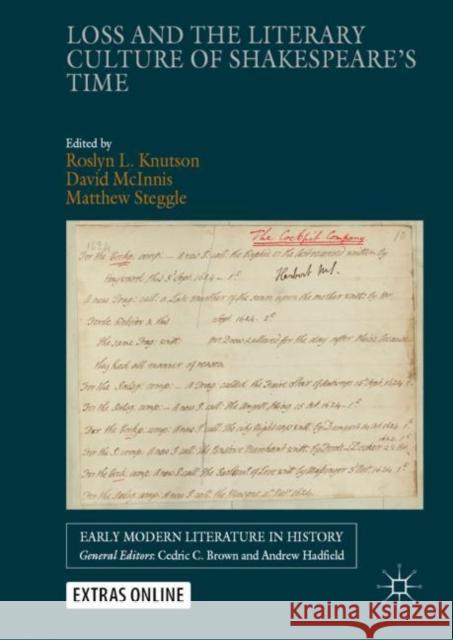Loss and the Literary Culture of Shakespeare's Time » książka
topmenu
Loss and the Literary Culture of Shakespeare's Time
ISBN-13: 9783030368661 / Angielski / Twarda / 2020 / 266 str.
Loss and the Literary Culture of Shakespeare's Time
ISBN-13: 9783030368661 / Angielski / Twarda / 2020 / 266 str.
cena 442,79
(netto: 421,70 VAT: 5%)
Najniższa cena z 30 dni: 424,07
(netto: 421,70 VAT: 5%)
Najniższa cena z 30 dni: 424,07
Termin realizacji zamówienia:
ok. 16-18 dni roboczych.
ok. 16-18 dni roboczych.
Darmowa dostawa!
Kategorie:
Kategorie BISAC:
Wydawca:
Palgrave MacMillan
Seria wydawnicza:
Język:
Angielski
ISBN-13:
9783030368661
Rok wydania:
2020
Wydanie:
2020
Numer serii:
000030930
Ilość stron:
266
Waga:
0.61 kg
Wymiary:
21.01 x 14.81 x 2.39
Oprawa:
Twarda
Wolumenów:
01
Dodatkowe informacje:
Wydanie ilustrowane











